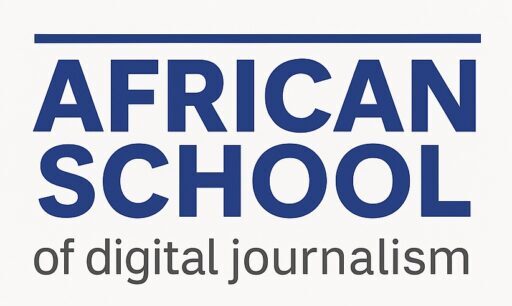Current Status
Not Enrolled
Price
Closed
Get Started
This course is currently closed
If you’re ready to take the next step in your journalistic career and want a course to teach you all the skills needed to become publishing-ready at The South African, you are on the ”write” track!
This practical tailor-made programme is geared to equip you with all the essential writing and technical know-how you will need to master online publishing.


